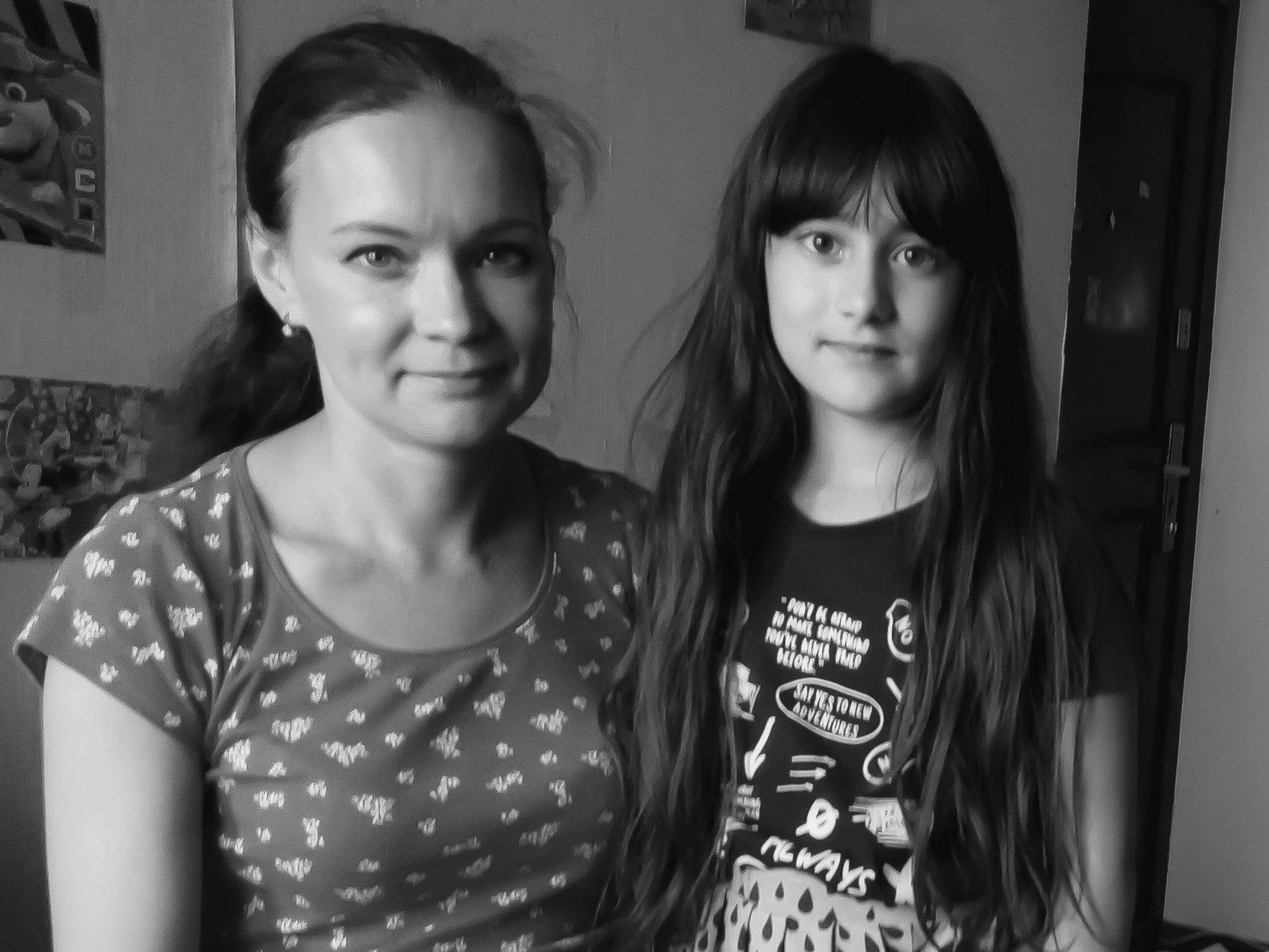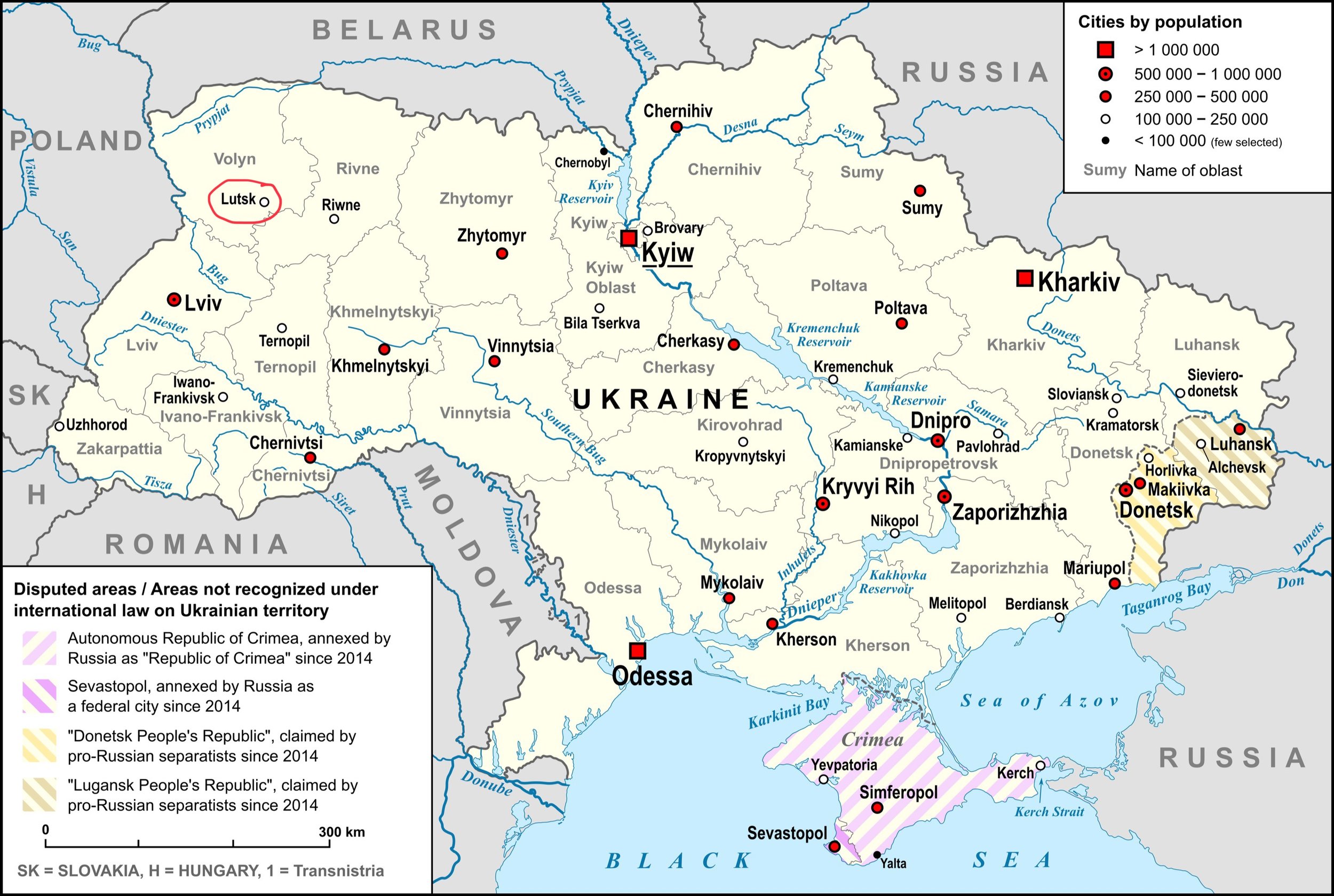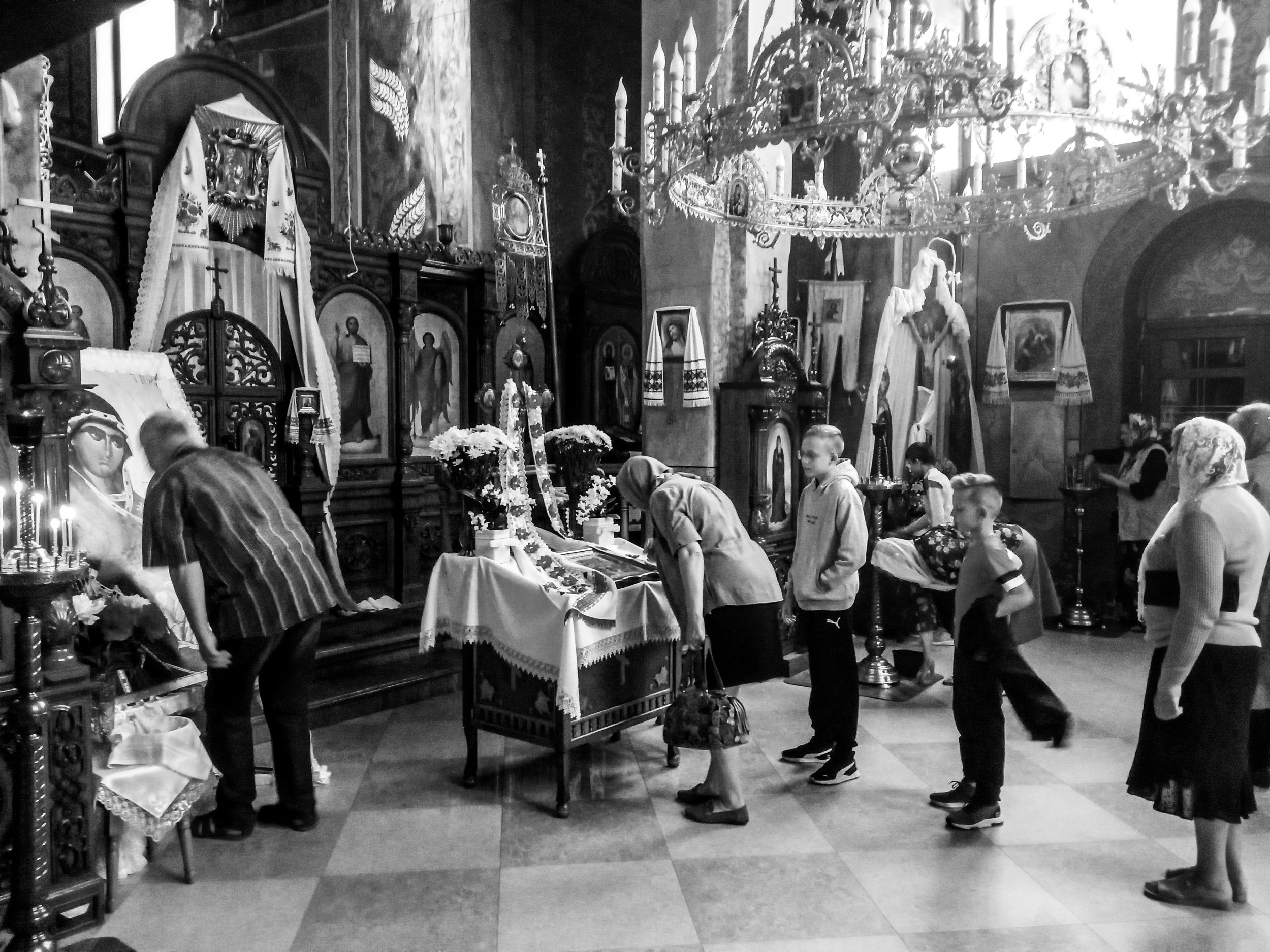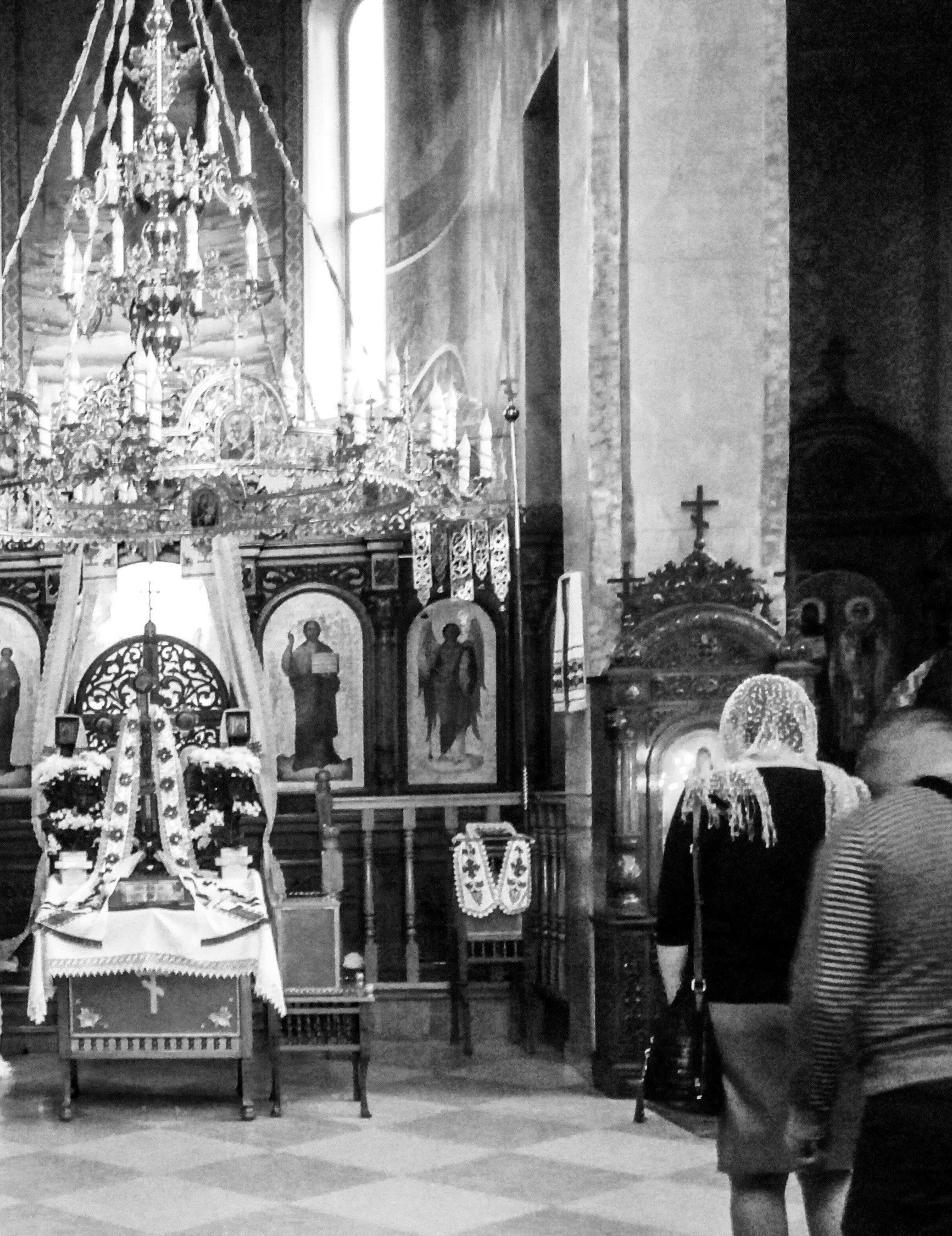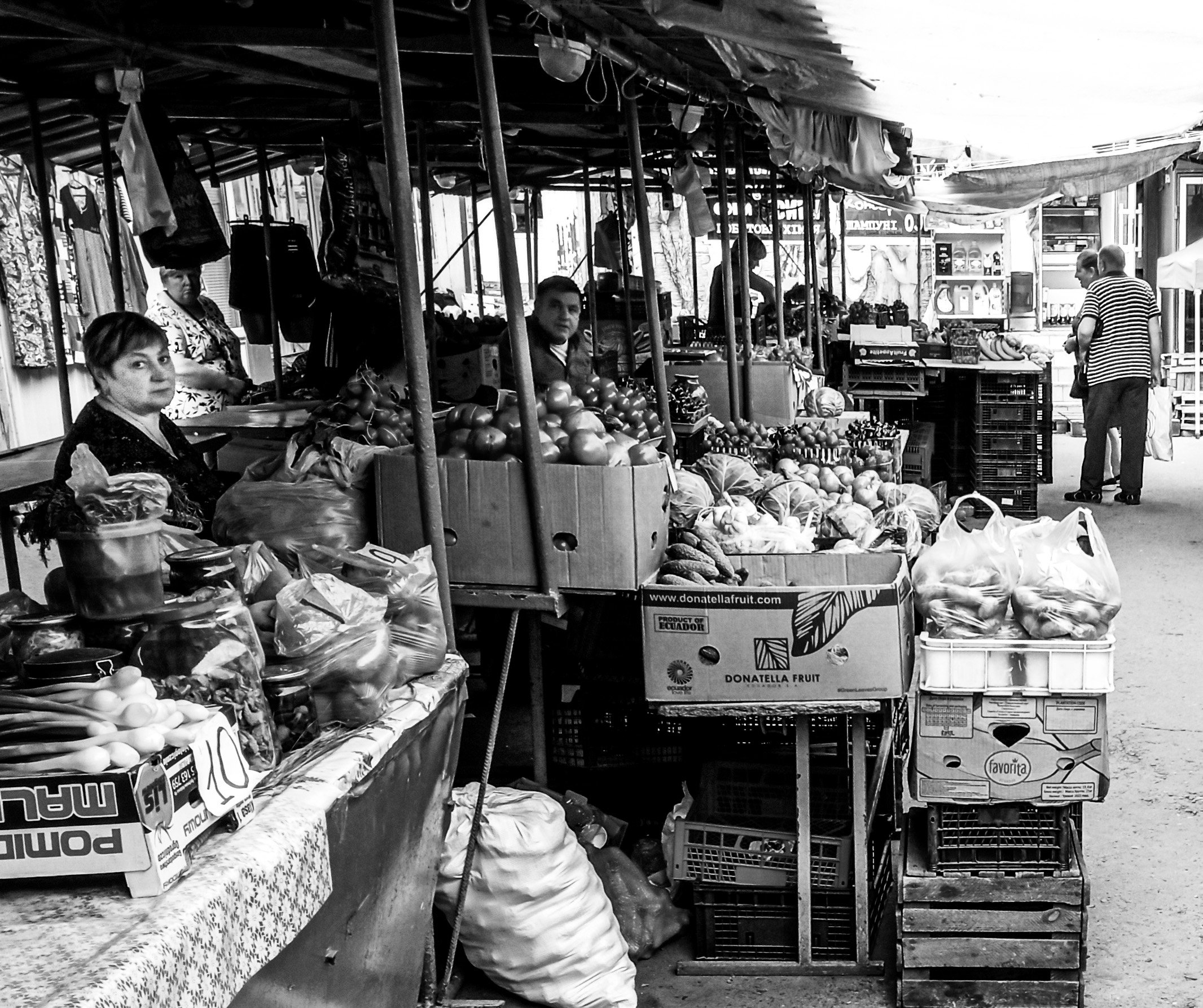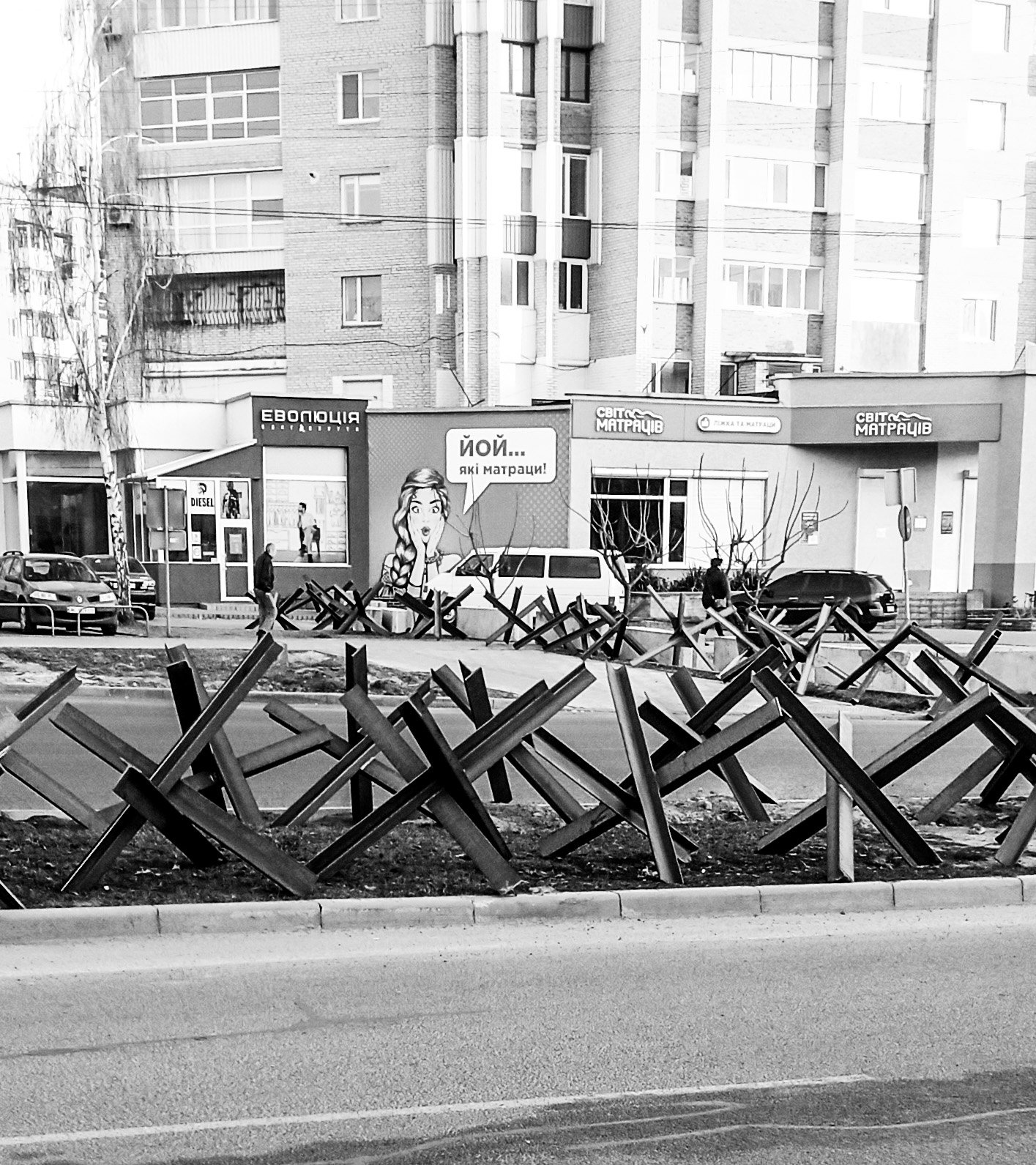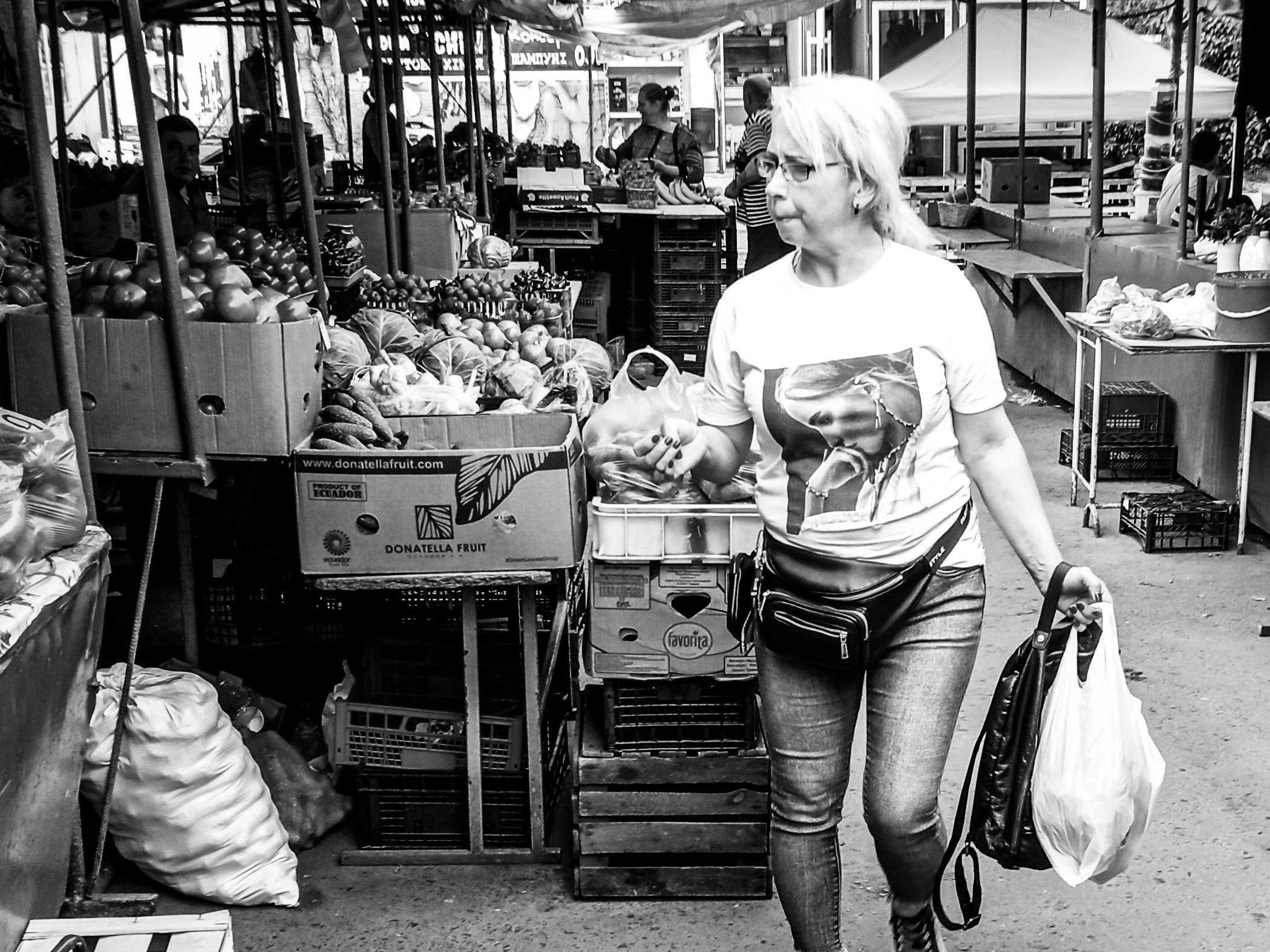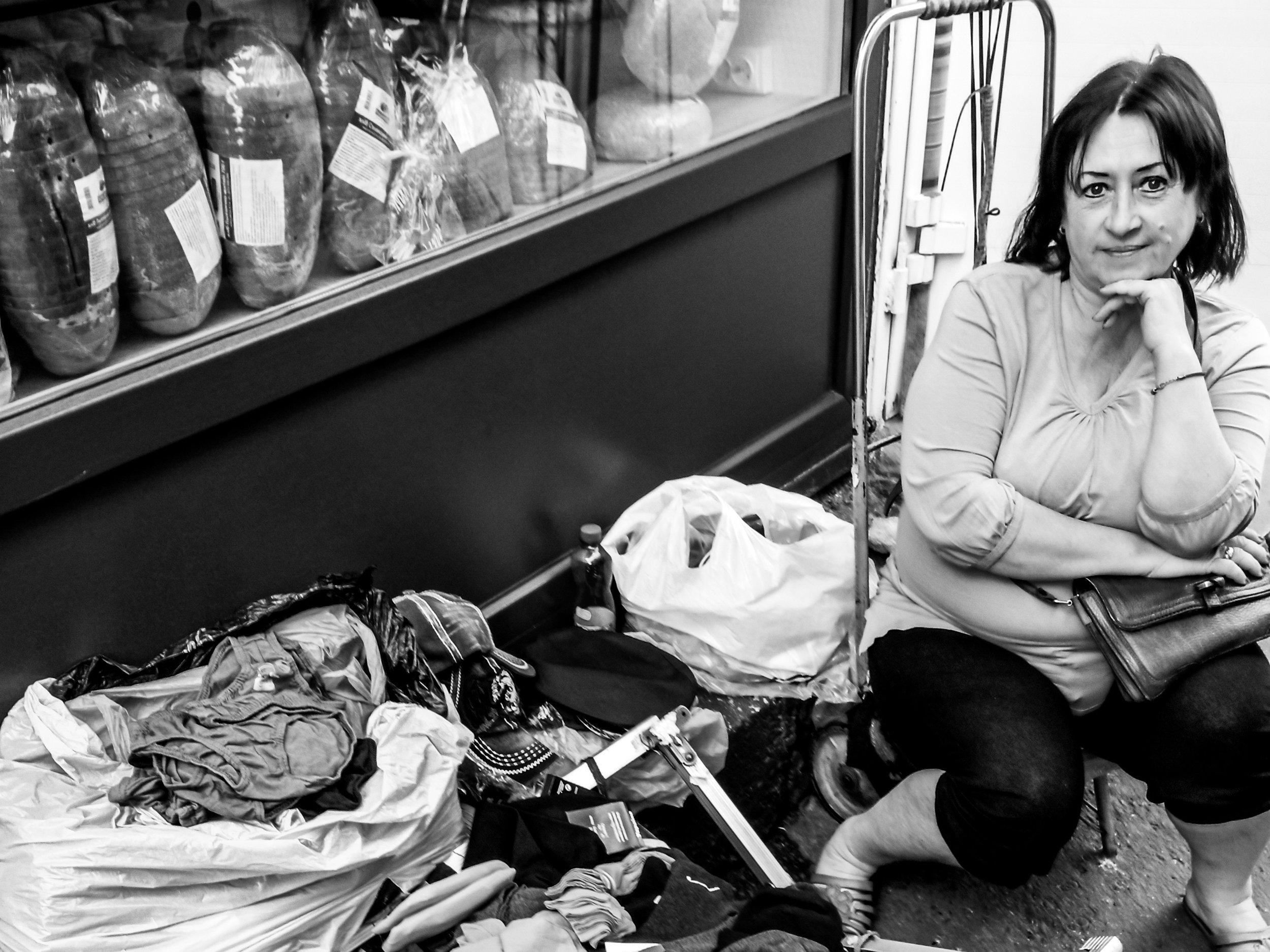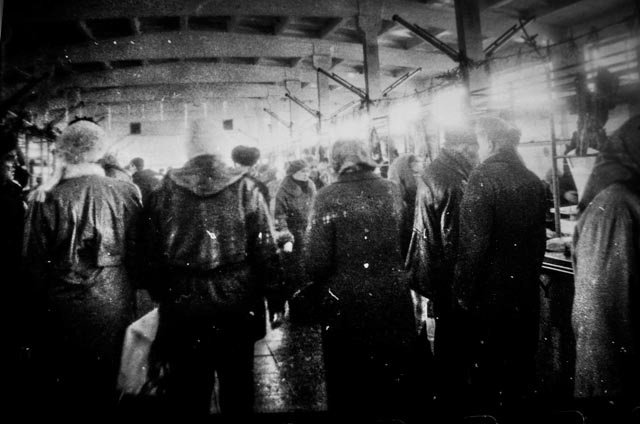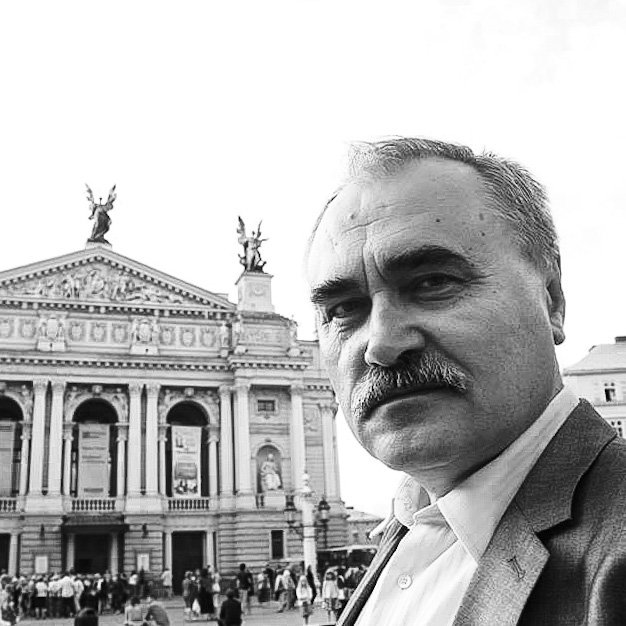These personal accounts from refugees within Ukraine are from interviews by Volodymyr Khomik. Lutsk, Ukraine.
More than 7.7 million refugees have escaped from Ukraine and crossed over to Poland, Romania, Estonia, and Lithuania. Another 8 million people have been displaced and have found a safe place to stay in cities and towns like Lviv and Lutsk. Lutsk is in the northwest about 3 hours from the Polish border. Housing is scarce and most are staying in temporary housing.
Volodymyr wrote on June 19th: “These refugees I interviewed live in a dorm at the Lutsk Medical College. When I first got there the doors were closed and someone came up to me, asked why I was there and asked for some identification. Then, a lady called some unknown authority for permission. Then someone else led me to the refugees who were living on the 7th floor. It isn’t easy to find the refugees in town because they are housed all over the city, and no one seems to have a clear record of where they are living. Also, Ukraine is under martial law, so people are a bit distrustful and suspicious about strangers. Unfortunately, I guess I have become like a stranger to people here since there are many young people who’ve grown up here and I don’t know them. My coworkers are now retired and I don’t know the people who have taken their jobs. Sadly, I am a stranger among my own people.”
I imagine this is hard for Volodymyr to feel disconnected to his own community. When we lived in Lutsk, Volodymyr knew virtually everyone. Volodya, a professor at the university, was important in his own way. He was our ticket into meeting all kinds of interesting people from academics to musicians to lawyers and our neighbors - this opened up the whole world that was Lutsk, Ukraine. Now that he is retired and has become an Elder, Volodya no longer knows the young people who have taken the place of his friends. This is sometimes one of the little known scourges of getting older - being forgotten and ignored.
Interview of Inna, a refugee in Lutsk, Ukraine by Volodymyr Khomyk. June 2022. Image: Volodymyr Khomik, Inna from Rubizhne, Luhans’ka oblast, worker at a local factory.
“My 24 year old daughter Karina, a student studying in Kharkiv, called me and said, ‘Mom, the war has started.’ Intense fighting broke out in Kharkiv. The University evacuated the students from Kharkiv to the city of Kryvyi Rih, and from there the administration sent them to the city of Kamianets-Podilskyi.
On the first day of the war, only one missile strike occurred in Rubezhnoye. The fighting there did not begin at the beginning of the war, but later. In March, fighting began with powerful air strikes. We sat in the basement for three days.
Then we moved to the town of Svatova. The city was completely occupied on March 3rd. There were no battles but the Russians occupied it. It is very difficult to live in an occupied territory. Our family did not have a good life there. We were not free to say the word "Ukraine" or to say that we cared about Ukraine.
It ended very sadly. My husband's brother fought in the armed forces of Ukraine. Families in which men fought on the side of Ukraine had to leave the region, because the Russians used violence against the relatives of Ukrainian soldiers. There were people who were whistle-blowers who went to the Russians and denounced those families whose sons or husbands belonged to the armed forces of Ukraine.
An acquaintance of mine, a classmate, lived with her 15 year old daughter and her husband who fought for Ukraine. The Russian military broke into their house at night, and tried to rape their 15-year-old daughter but failed. The family immediately fled the town of Svatove.
It was scary to pass checkpoints on the roads between different cities, because the Russians took the people off the buses, checked everything, and stripped them to their underwear. Even young children were questioned about their attitudes towards Ukraine. The Russian military at the checkpoints said that we Ukrainians are not grateful to them, and that they had come here to Ukraine from Russia to free us from the Nazis, and yet, we still support Ukraine.
We left Rubizhne and Svatove, but our parents had to stay there. Also my grandparents, who are 95 years old were forced to stay because they are not able to leave the Luhansk region because their health does not allow them. It is very difficult to live there now, very difficult. There is no funding for humanitarian aid either. The Russian occupiers promised to give them a Russian pension in rubles, but did not give them anything. My parents received a Ukrainian senior pension in early February, but they no longer receive anything. They qualify for a Ukrainian pension, but they can’t receive it because they live in an occupied territory where this pension is not available. They have survived thanks to their small farm dacha in the village. Those people who live in the cities and in apartment buildings and do not have a dacha or a farm, have a very hard time living. (Note: a dacha is a small piece of land allotted during Soviet times to citizens by the local government for gardening or growing vegetables for personal consumption.)
We can’t get ahold of our parents. If the Internet ever works, I still can't talk to my parents freely, because the Russian’s are eavesdropping on everything and the Russian Federal Security Service is listening.
After I left Rubezhnoye, my house was destroyed during an air strike and everything was lost and the house was uninhabitable. The Kadyrov's Chechens fought in Rubezhnoye and they looted apartments, and took household appliances, and everything else from abandoned homes back to Chechnya.
(Wikipedia: Ramzan Akhmadovich Kadyrov is a Russian and Chechen politician currently serving as the Head of the Chechen Republic. Kadyrov was reported to have been taking part in Russian operations outside Kyiv. In a video he called on Ukrainian forces to surrender “or you will be finished”. The Telegraph reported that on two occasions where Kadyrov had said he was in Ukraine he was proven not to be. In one instance he said he was in Mariupol at a petrol station and published a photo, but the pump in the background, Rosneft's Pulsar brand, does not operate in Ukraine. On another occasion, Kadyrov posted a video suggested he was meeting troops in Mariupol but he hosted a Russian official in Grozny on the same day. On 28 March 2022, President Putin promoted Kadyrov to the rank of lieutenant general. On 26 May 2022 Kadyrov threatened Poland. He was apparently upset by the Polish supply of weapons to Ukraine.)
The most dangerous anxious moment I experienced was when the Russians learned that my husband's brother Eugene Alexander had been in the Ukrainian army for 5 years and was fighting against Russia. The Russians armed with weapons and machine guns came to our home and began to search the apartment. I told them that I have a small daughter and asked them to please not to scare her. Later, my husband also went to fight in the war and is now fighting for Ukraine.
In the future, I hope that our state will get back its entire territory and that we will be able to see our parents. My biggest fear is that I may not have a chance to see my parents again.”
Note: This is an interesting interview for multiple reasons including stories of how the Russians are treating Ukrainians in occupied territories. It also shows how frightening it is to be away from your family that are stuck in Russian occupied territory and the fear that you will never be reunited. The belief that the Russian Federal Security Service-i.e FSB (former KGB) is omniscient and able to wiretap every house in Ukraine and is watching everyone may or may not be true, but a belief that the FSB has a Stalinesque superpower to control and watch the people is widely believed. The reference to the Chechens fighting in Ukraine is a well spread myth, a kind of a bogeyman story, used to scare Ukrainians into submission. How accurate these stories are is unknown, but referring to the brutal Chechens does a good job of scaring the everyday Ukrainian. My memory of the Ukrainians is that coming from generations of submission from the Soviets and the brutal Tsar, the people are quick to believe myths and to believe in the brutality of the government and, in particular, the Russians.

